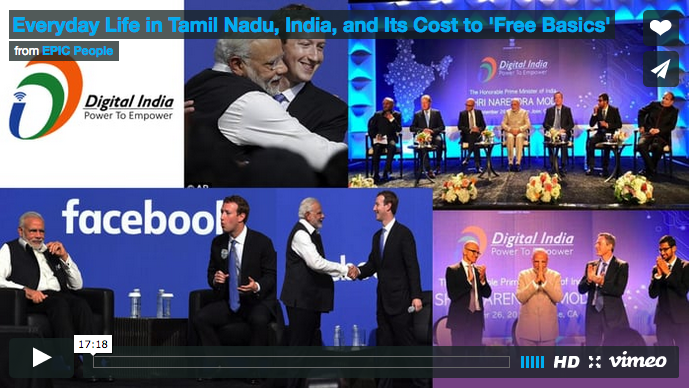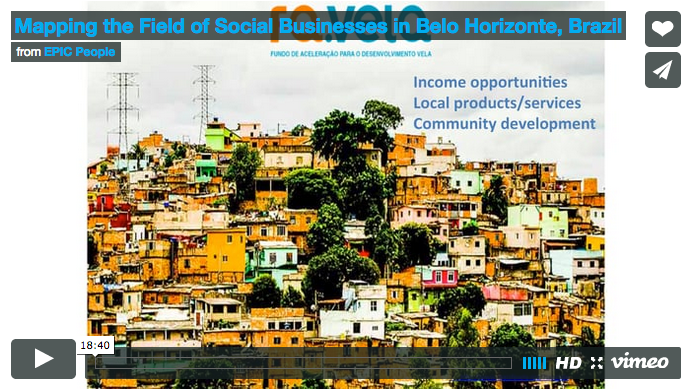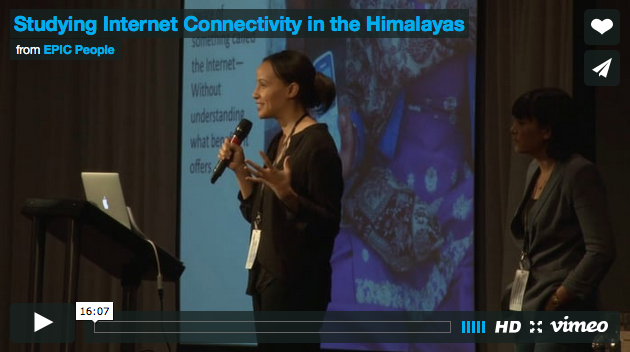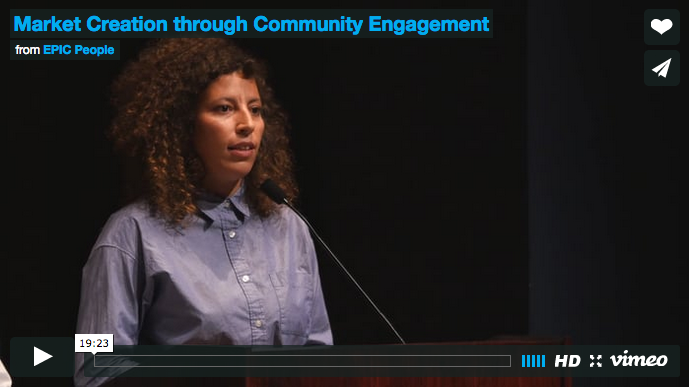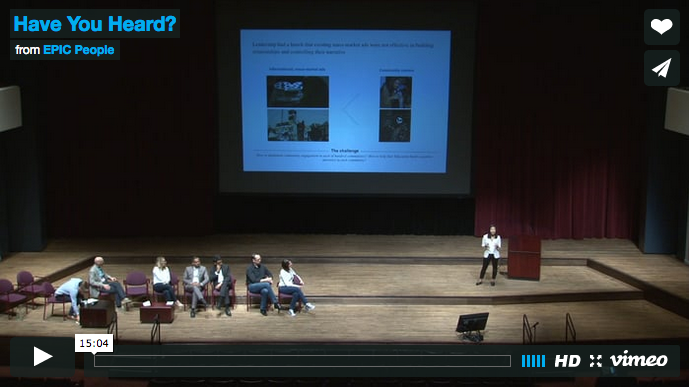Of course, EPIC has always been a ‘community of praxis’ (as much as practice) helping attendees put what they learn into action. For us at Motorola Mobility, 2013 was no exception. The company had reduced its phone portfolio to a handful of products; and knew the only way to grow market share was...


